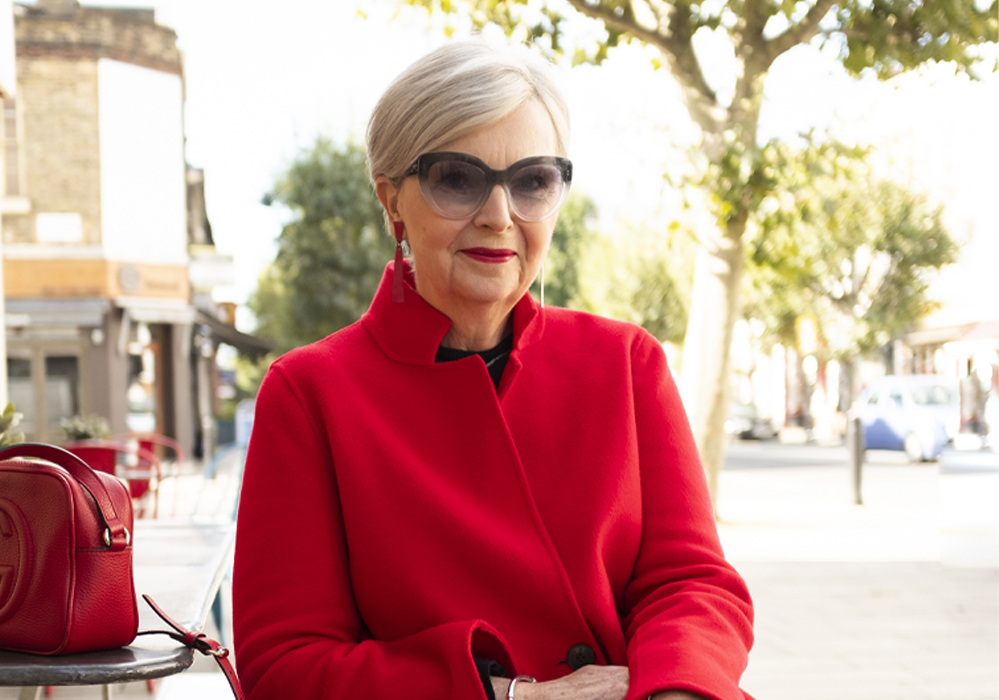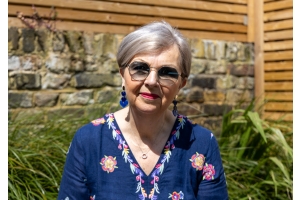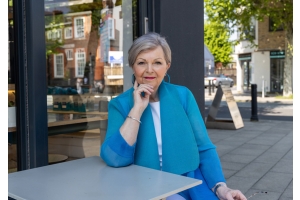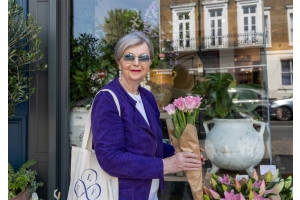
Don’t you hate it when the supermarket you habitually use decides to completely change the location of all your familiar items? You confidently go to get eggs and instead, you find biscuits. Aargh!
The shopping which would normally take you ten minutes takes twice as long because you have to walk round the whole store mentally noting where everything you normally buy has been relocated.
Of course, we know why the supermarkets do it, because people are creatures of habit and will tread the same path on every visit, missing all those tempting offers to try something new.
But for us humans who tend to like familiarity, regularity and security, that random supermarket shake-up is disorientating and alienating, especially when you are older. Why? Because it forces us to engage a different part of the brain, the hippocampus rather than the retrosplenial cortex which is what we use for the mental mapping of our homes, our neighbourhoods and, yes, our favourite supermarkets. It becomes particularly problematic if your retrosplenial cortex is damaged in any way, as happens in Alzheimer's disease. Gradually you lose the ability to navigate even those most familiar spaces from one room of your house to another.
I hadn’t paid any of this much attention until the past year when I moved out of my flat temporarily when it was remodelled in order to create a larger bedroom, an ensuite bathroom and a bigger kitchen. For the first time in twenty years I was living in a completely different space for 4 months, namely the large basement of my daughter’s house in Wandsworth. Obviously my new bedroom, bathroom and makeshift kitchen (actually the small utility room) were downstairs from the entrance hall. Can you imagine how many times I would go up and down those stairs in a day? I’d descend, only to find I’d forgotten something upstairs. I’d ascend, only to realise that I’d not brought with me something I needed to take when I went out. All I can say is that the benefits to my fitness were considerable!
Gradually, however, I began to ‘map’ my new surroundings. Walking around the immediate area which I’d only driven through before, I found new, quicker routes by using back roads inaccessible by car. My daughter’s house is just off St. John’s Hill which leads up from Clapham Junction Station. It became my stamping ground for many of the things I needed for my renovation. It was 4 minutes walk to the paint shop, about 7 minutes to the place selling nice tiles opposite a small local Sainsbury’s, always useful for a pint of milk, and 10 minutes from a specialist lighting shop. I began to understand why my son-in-law has lived in three different homes all located within about two hundred yards of each other since he graduated from university over 25 years ago. He can be in the City of London, where he works, in well under an hour after a 5 minute walk from his house to the station.
This comfort in the familiarity of our immediate surroundings must be one of the main reasons why so many older people find it nigh on impossible to think about downsizing from family homes in which they have lived for donkey's years. The wrench involved in doing so may best be summed up by a wonderful Welsh word ‘hiraeth’. It's almost impossible to translate but nevertheless contains a universal human experience of nostalgia and homesickness for a place that no longer exists. Once you have sold a home and removed all your possessions and furniture, as I did in 2021 when I sold the house I’d had in France for 24 years, you can never get back to it. From time to time, I still experience a profound sense of ‘hiraeth’ about a place that I loved so profoundly for so long. I have no regrets about the sale which my head knows was pragmatic and eminently sensible, but my heart still longs for the beauty and joy once contained by those mellow stone walls.
Another relevant and interesting word is an old Scots expression: ‘calf-grund’. This means the place of your birth and early life, where you were ‘calved’ and whose imprint remains, no matter where you go afterwards. Mine was a small town in West Suffolk, a ‘calf-grund’ that I experienced until I left for college aged eighteen. I recently spent time with a very dear friend who was born and raised in the same place at the same time. We spent one very nostalgic evening taking an imaginary walk around the town centre as we remembered it in our childhood. Turners the butcher, Haggars the baker, Morleys the gent’s outfitters, Simpsons the stationers, Bussens the ironmongers (actually our family’s hardware store), and ‘Gaywear’, the somewhat misleadingly named boutique where we trendy teenagers could buy our Mary Quant dresses for £10.99. All long gone to kebab shops and estate agents, a ‘calf-grund’ that no longer exists except in our memory.
And what of moving back to my utterly transformed ground-floor flat? Every surface a different colour. Walls removed or pushed back to make bigger spaces. New furniture, new kettle, new fridge. Pictures newly purchased or arranged in a different pattern. Different lamps and lighting with switches in unusual places. Honestly? It was absolutely brilliant! Having to see everything in a new way was both stimulating and exciting. And that novelty and delight hasn’t worn off even after five months. I still awake to the delight of the expanded space around my bed and the glorious convenience of an adjoining bathroom. My brain is slowly rewiring itself so that I am gradually creating new mental maps and pathways around my home. Not quite there yet, as I still often try to put the milk back in a cupboard located where my old fridge used to be, but hopefully the retrosplenial cortex in my brain will soon be completely in charge once more.
The experience of moving out and moving back to my remodelled home has taught me so much about the importance of challenging our brains by continually changing the maps that guide our paths through life. Myths abound about ageing and failing memory. When I was continually forgetting what I needed upstairs or downstairs at Anna’s house I could have blamed my age and ‘senior moments’ but I resisted that temptation. Gradually over the four months I stayed there, I created new maps of where things were located. Routes around the house and the locality became familiar so that I could relax because I had internalised the maps that I needed to navigate the new spaces.
So, next time I go into the supermarket and discover that they have switched everything around I will embrace the challenge. I’ll tell myself that this has not been done to frustrate and infuriate the likes of you and me. Quite the opposite! It is providing us with an opportunity to engage the hippocampus, to properly notice new things in aisles we rarely visit and to redraw our route-maps through the store. It will still be discombobulating but I’ll tell myself that, like porridge, it’s really good for my brain.
Tricia x
Watch Our Latest Video...
Tricia’s 8 Minute Easy, Everyday Makeup Look
Look Fabulous Forever founder Tricia shows you an easy 8 minute makeup tutorial for over 50’s. She shows you with 8 simple steps how to add colour and definition to an older face...
Upcoming Events:
Friday 14th September

Film Club: Little Women
Available on Amazon Prime & Netflix
Watch the film beforehand and join us for a group discussion!
Day: Friday 14th September 2023
Time: 4pm
Link: https://us02web.zoom.us/j/86109288705?pwd=TUgzQW5IK0VnUGI2MGdtb0FQN3hxZz09
Meeting ID (if needed): 861 0928 8705
Password (if needed): LOOKFAB















